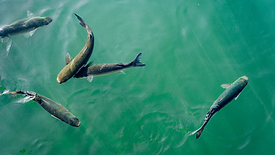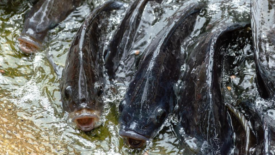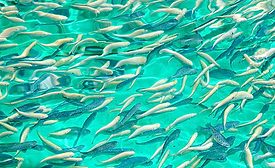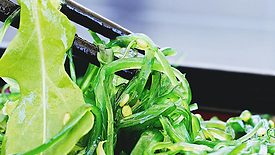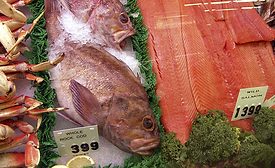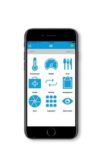Home » Keywords: » aquaculture
Items Tagged with 'aquaculture'
ARTICLES
Meeting Regulations for U.S. Farm-Raised Fish and Seafood
U.S. aquaculture is regulated by a number of federal agencies, and it has strict food safety requirements
June 10, 2022
Study reveals growth in ASC-certified foods
The results showed that the majority of respondents (92%) stated that their reputation had been enhanced by certification.
May 10, 2018
Meijer partners with fresh pack BAP-certified aquaculture farm
Beginning in April, Meijer customers across the Midwest will have the opportunity to purchase the freshest, locally-grown rainbow trout.
March 27, 2018
Cargill's iQShrimp helps farmers manage risk, make better decisions
The predictive software uses machine learning and sensors to give shrimp farmers real-time visibility into their farm operations.
March 5, 2018
Never miss the latest news and trends driving the food safety industry
eNewsletter | Website | eMagazine
JOIN TODAY!Copyright ©2025. All Rights Reserved BNP Media.
Design, CMS, Hosting & Web Development :: ePublishing
